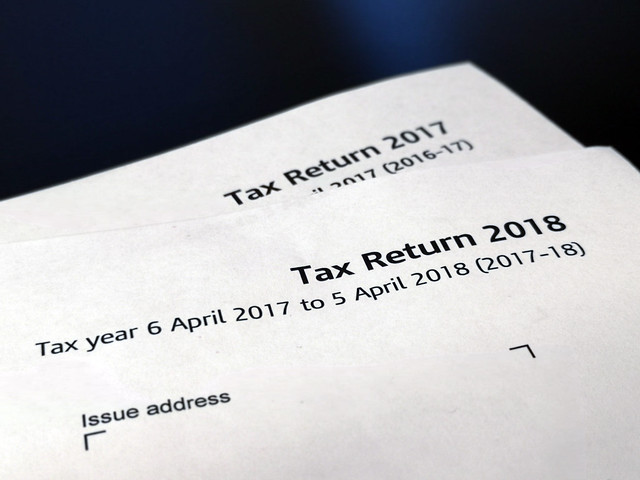Let’s face it, nobody likes receiving a fine. Unfortunately for the self-employed and small-business owners, owing to various reasons, a fine could be issued from HMRC (Her Majesty’s Revenue and Customs). Self-Assessment is a system HMRC uses to collect Income Tax. Let’s take a look at how these penalties could be incurred and how to steer clear of them.
Why does HMRC issue penalties?
The deadline for filing all self-assessment tax returns is 31st January. Needless to say, all tax returns or tax payment bills will need to be submitted by this date. A penalty will be issued if you miss the tax return deadline or fail to pay your tax bill on time. A penalty of £100 will be applied, should your submission be up to three months late and more if it passes the three-month threshold. It’s also worth noting that you’ll be required to pay interest on late payments. Get an estimate of how much you’ll need to pay in penalties and interest if you’ve missed the deadline for sending your Self-Assessment tax return and paying your Self-Assessment tax bill. You can calculate any late submission fines here.
Bear in mind, this calculator doesn’t take into account any partial payments or penalty payments you’ve made towards your tax bill, outstanding interest or penalties for previous tax years or credit you have from previous tax years.
So, how can you avoid HMRC penalties?
HMRC penalties can be expensive and stressful – but, thankfully, sometimes they can be appealed. If you have a reasonable excuse, you may be able to lodge an appeal against your penalty from the taxman, and hopefully have it waived.

Credit: Flickr
A reasonable excuse is something that stopped you meeting a tax obligation that you took reasonable care to meet, for example:
- Your partner or another close relative died shortly before the tax return or payment deadline
- You had an unexpected stay in hospital that prevented you from dealing with your tax affairs
- You had a serious or life-threatening illness
- Your computer or software failed just before or while you were preparing your online return
- Service issues with HM Revenue and Customs (HMRC) online services
- A fire, flood or theft prevented you from completing your tax return
- Postal delays that you could not have predicted
- Delays related to a disability you have
If you’re self-employed, 5th of October is the deadline for informing HMRC that you’re self-employed and will need to complete a tax return next year. You can Find out more information about registering as self-employed here.
Paper returns will need to be submitted by 31st of October, should you not wish to file online. It’s worth noting that the government’s Making Tax Digital plans, in the future, making paper filings will no longer be viable.
30th December is the deadline for submitting your online tax return if you want the tax owed to be collected via PAYE.
If you’re a company director, you may find that you are required to complete a self assessment as well. Submitting tax returns and/or paying a tax bill can be understandably overwhelming for some. Luckily, HMRC has a very informative website which can be found here. For more help, including self assessment tax returns, company accounting and expert business advice, get in touch with Neil Smith Accountancy, who provide first class small business accounting services throughout Essex and London.

